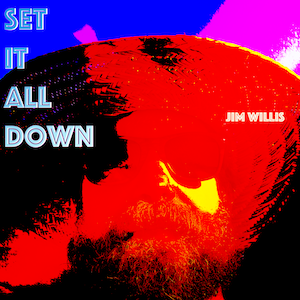Over dinner recently we have been talking about how we are living in a world that our bodies and minds are not designed for. This has been a recurring theme for a variety of reasons. I then serendipitously came across this quote:
The real problem of humanity is the following: We have Paleolithic emotions, medieval institutions and godlike technology. And it is terrifically dangerous, and it is now approaching a point of crisis overall.”
Edward O. Wilson
I’m not sure how applicable that quote is but, maybe? It does feel like things are moving so quickly. It does feel like perhaps in our current state we are not equipped to handle the pace at which we are expected to engage with the world. It does feel like we are eating things that our bodies were never made to eat and working in ways that our bodies were not designed to do for 8-10 hours clips.
But none of that is to say these things aren’t natural.
I disagree with the proposition that computers and other technology and processed foods and the pace at which we are living are unnatural.
Everything is nature.
We are nature.
The things we build are nature. I’m not sure there is much wisdom in arbitrarily distinguishing between natural and unnatural.
By way of example, I was having a conversation with someone who said the processed foods were unnatural. My first response was that, well, they are nature but that doesn’t mean that processed foods are good for you. This in turn got me thinking about the Tao. Specifically, the Tao does not distinguish.
Instead, what I realized is that processed foods (or AI, or cars, or whatever) are natural and not outside of the Tao. But just because something is not separate from nature doesn’t mean that it serves us.
Whether something is natural or unnatural is irrelevant. What is important is does X serve us? Answering that question seems to be why the Buddha articulated the Eightfold Path. Not so that we could make false distinctions, but so that we could have a tool set to look at something: a thought, a technology, a practice and determine: does this serve me?
And ultimately, if taken to its logical conclusion in Buddhism the question does this serve me? really means Does this serve everyone?
We should be able to look at something and ask that question and realize that objects or technologies or foods or thoughts are always natural but it’s in how we use them that determines whether or not they are serving us that is the important question.

